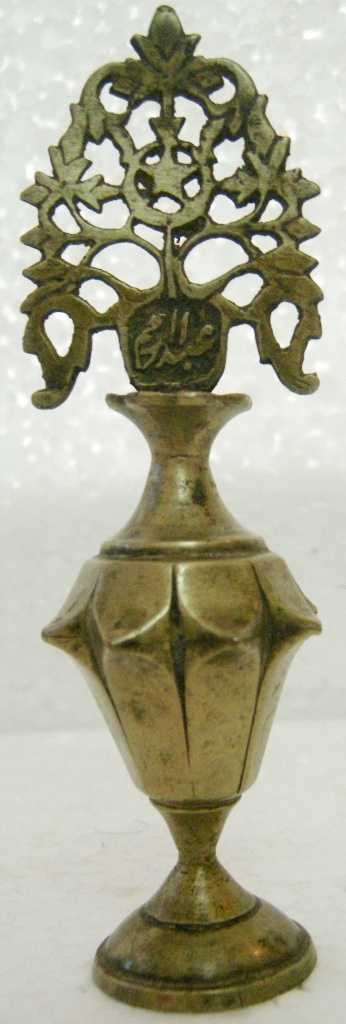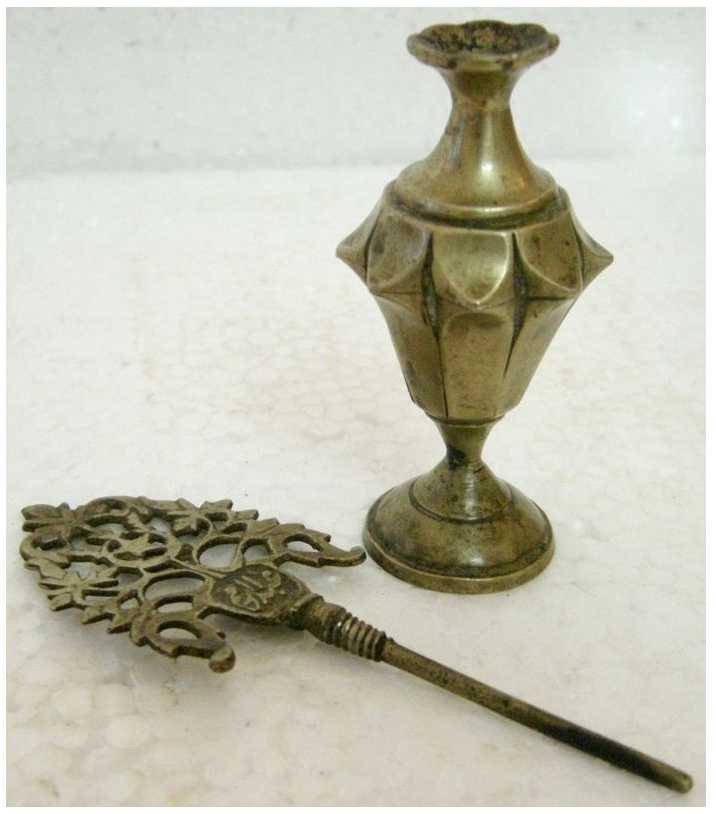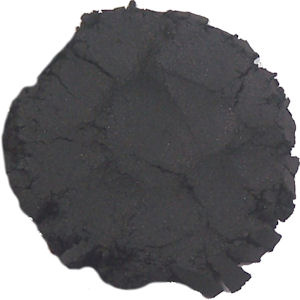FWP:
SETS
== IDIOMS; POETRY
EYES {3,1}
GAZE: {10,12}
INDEPENDENCE: {9,1}
This present verse is one of the relatively rare ones in which Ghalib speaks of himself as a poet: he says, I am a free gift for the eyesight-- but of course there's a catch, a price. The burden of (gratitude for) my kindness must remain 'on the eyes' of the purchaser. Apart from its wordplay, idiomatically this suggests a particularly humble state of submission and deference in the purchaser. People receive rulers' commands sar aa;Nkho;N par , 'on the head and eyes', since these are the most honorable parts of the body. People also, of course, use their eyes to read poetry.
Such gratitude for favors rendered is a much more significant burden than we might at first realize, for one of the most consistent themes in Ghalib's poetry is a rejection of all forms of indebtedness and borrowing. The i;hsaa;N will remain 'on' the eyes of the purchaser, like a 'burden' of obligation, gratitude, debt; for a similar use of the same metaphor, see {130,1}.
So what kind of a 'free gift' is it that
carries a 'price'? Of course, it's the kind of 'gift' that
imposes a debt of gratitude more undischargeable than any mere
monetary obligation. Our eyes are beautified, and our eyesight
enhanced, by Ghalib's poetry. The obligation laid on us by his
kindness will be 'on our eyes' forever. But it's all right, for
who would say the game isn't worth the candle?
ABOUT COLLYRIUM: Collyrium [surmah], also called 'kajal' [kaajal] and 'kohl' [ku;hl] (see the definitions above), is a black powder or salve applied around the eyes. It is thought to be attractive, to reduce the sun's glare, to improve vision, and to keep the eyes healthy. In the ghazal world, it can also be considered a cure for blindness. It's usually made by holding up a plate above the smoky flame of a burning lamp, in order to collect the soot.
Collyrium is also, in the ghazal world, a natural enemy of the voice: verses that invoke this idea include: {84,8x}; {109,8x}; {147,1} (in which collyrium is made from the 'smoke of the flame of the voice'); {149,8x} // {360x,1}*; {406x,5}; {435x,7}. The logic may be that eyes dramatized by a dark frame of collyrium look larger, and thus are more eloquent in their silent 'speech'-- but this speech is only effective when the mouth isn't providing competition. (For more on the 'flame of the voice', see Mir's M{472,6}.)
But in discussing {227,1} and {435x,7}, the commentators also generally maintain that 'From eating collyrium the voice is lost, and a person becomes unable to speak'; in {109,8x}, Gyan Chand again agrees. This sounds strange; who would actually go around eating collyrium, and why? But it's apparently another convention of the ghazal world. Mir too validates it: he has a verse in which the lover loses his voice, and suspects that, metaphorically speaking, collyrium might have been mixed in with his paan! M{788,8}:
kyaa kahuu;N ;xuubii-e :xa:t dekh hu))ii band aavaaz
surmah goyaa kih diyaa un ne mujhe paan ke biich
[what can I say-- having seen the excellence of the writing, my voice became closed/bound
so to speak, she gave me collyrium along with paan]
Ghalib's collyrium verses include: {57,5}; {74,2x}; {84,4x}; {84,8x}; {88,2}; {109,8x}; {147,1}, 'smoke of the flame of the voice'; {147,4x}; {149,8x}; {162,6}; {227,1}; {233,13} // {237x,3}; {244x,4}; {254x,1}; {266x,1}; {311x,2}; {315x,2}; {346x,2}; {360x,1}; {366x,3}; {375x,4}; {406x,5}

Here is some surmah ,
and a nineteenth-century North Indian surmah-daan :



Nazm:
That is, my poetry is of general benefit, and it offers free advantages, the way using the eyes is freely available to every person. He has given for the pleasure of sight the simile of collyrium. (41)
== Nazm page 41